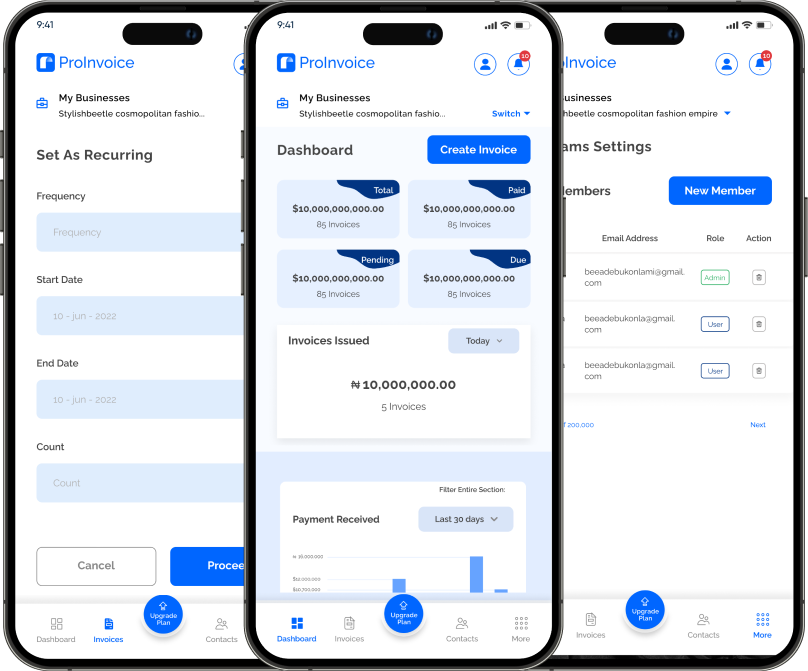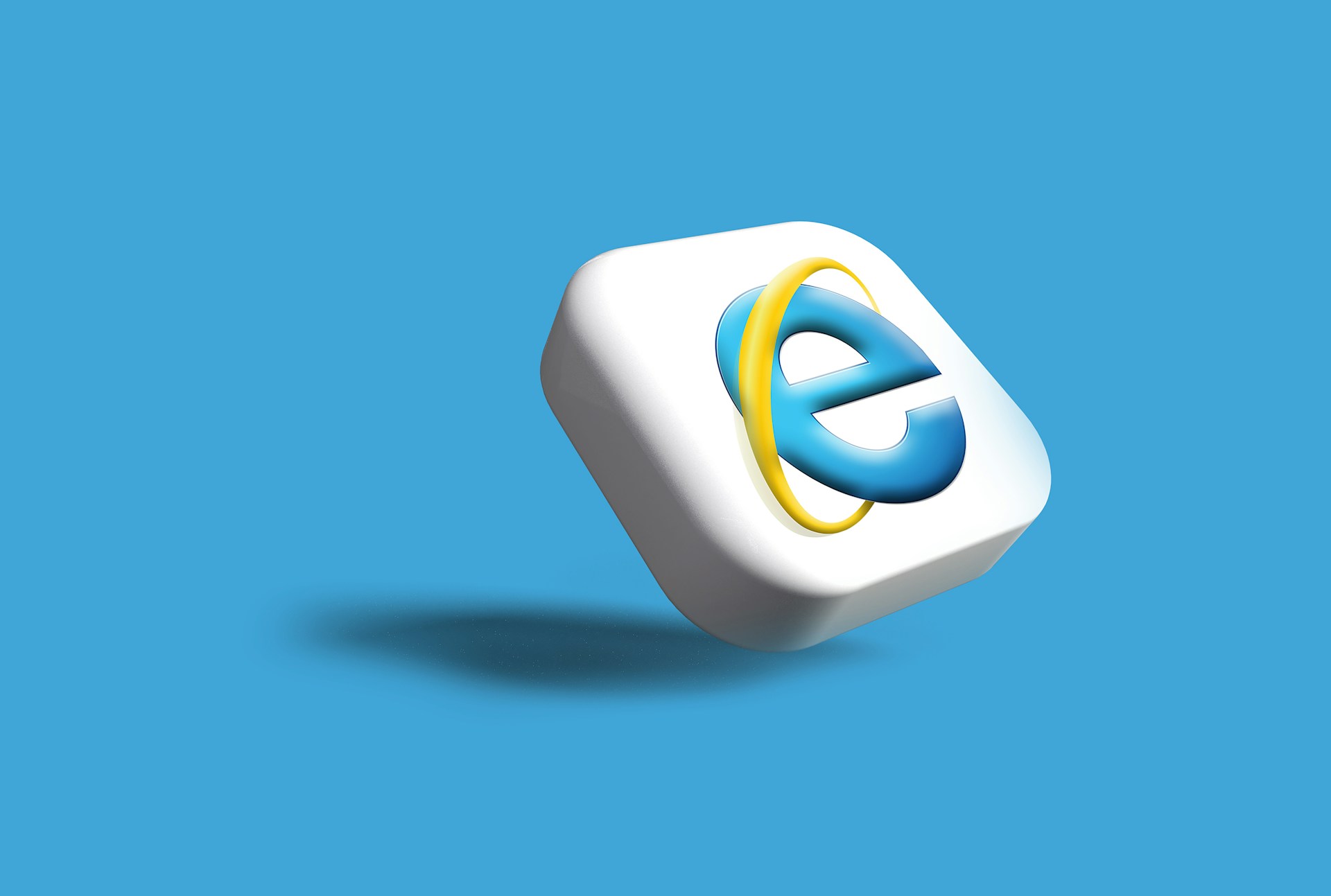It is very possible. So, the obvious answer to the question, Can individuals create an invoice? Is a big Yes! Before we continue, lets define an invoice. What is it and what do you use it for?
An invoice is a commercial document the seller delivers to the buyer to collect money for the goods or services provided.
It serves as a record of the products or assistance given to clients and consumers and a means of payment.
Purchase orders, made before a customer orders a good or service, are distinct from invoices. You have the option of receiving invoices on paper or online.
These contain details on the goods or services provided to the client, the total amount owed, and the selected payment method.
There are various types of invoices that businesses can produce for their clients depending on the reason. For instance, recurring invoices may be issued by collecting and issuing regular customer payments throughout a project.
Invoices serve as documents that provide legal protection in disputes between buyers and sellers. Proper invoices can protect businesses from unsubstantiated lawsuits.
In most cases, customers will pay unsigned invoices without any issues. However, if companies want their invoices to be legal documents, they must have proper documentation, such as signatures
Can Individuals Create An Invoice?
Making an invoice is simple, even for private individuals. The buyer would require a personal invoice if you were to sell your car or bill for an unprofessional service.
Many organizations also need invoices when purchasing a product or service from a private individual. An invoice must have a number, contact information, a list of the items or services given, a description, a due date, the date of supply, and the total amount due.
No registration or certification is necessary for an invoice to be valid. You are not required to provide an invoice for every purchase unless you and the client have agreed otherwise.
You may easily track paid and outstanding invoices using an invoice numbering system. All of your invoices should contain the date the invoice was sent, along with the date payment is due.
It’s vital to remember that sending invoices to private individuals may have tax repercussions.
For instance, there wouldn’t be a need to produce an invoice because it wouldn’t impact taxes if you made no taxable profits from selling goods or services for more than they cost to purchase.
Types of people that are authorized to issue invoices:
- Independent contractors
- Owners of small businesses
- Individual business owners
Steps to Create an Invoice as an Individual
1. Collect all necessary information
You should include the sale specifics, such as the goods or services being sold and the total amount owed, to gather all the information required for an invoice.
Also, you want to include branding, legal details, a price, a description, and payment details.
Your company’s name and contact information, an invoice number, the client’s name and address, and any pertinent registration numbers are additional crucial information.
2. Create the invoice
You can create an invoice in several ways. Invoicing software is one approach to speed up the process because it generates invoices automatically and keeps track of payments.
Using pre-made templates that are accessible online or through software like Microsoft Word is another option. While some companies might prefer paper invoices, others prefer digital invoices delivered via email.
3. Send the invoice
When the invoice is finished, it can be sent or emailed. If sending by email, it is advised to attach the invoice and write a brief message in the body of the email mentioning it.
The subject line of the email should also be precise and short, and if at all possible, provide a reference number.
It is also crucial to consider including extra information, such as your chosen mode of payment.
If mailing via mail, print off a few invoices, fold them neatly, and then place them inside an envelope addressed to the right person. Emailing bills is usually quicker and less expensive than mailing them.
Advantages of Creating Invoices as an Individual
1. Control and Flexibility
Control and flexibility over payment terms are just two benefits of invoicing. Unlike bills, invoices allow for subsequent payment following the company’s payment conditions.
Because of this, people can provide flexible payment alternatives to their customers, such as multi-installment invoices or milestone-based payment plans; providing a variety of payment choices can speed up cash flow and make things easier for both sides.
Also, billing on an individual basis enables more tailored client communication. You can customize invoices to meet the unique demands of each client, unlike bills produced by larger businesses.
This can include in-depth explanations of the goods or services purchased, along with any applicable specials or discounts.
2. Professionalism and Credibility
A professional invoice conveys a good impression by properly recording the financial transactions between the client and the company; whether starting a new small business or planning to grow an existing one, having expert small business invoicing software is essential.
Invoices provide a professional atmosphere and promote your business. They assist you in keeping track of all of your payments, whether they are due now or not, so you are aware of your financial situation.
Clients are also reminded of all the products and services they have received through invoices. Customers may not remember many or few of the given goods or services.
A bill serves as a reminder to clients of all the goods and services provided.
3. Organizational and Financial Benefits
By offering a simple method of payment once a service is rendered, invoices help maintain consumer satisfaction.
Additionally, they help organizations project a professional image and provide legal safeguards against mistakes and hazards.
By automating workflows, making payments simple and secure, and providing business analytics that helps identify trends, popular products, peak buying periods, etc., invoicing software can reduce costs by reducing the number of employees in the invoicing and billing department.
It can also save time by reducing time spent pursuing late payments. By automating time-consuming recurring procedures, such as invoice processing and payment reminders, a reliable invoicing system helps users save time.
Consistently bringing money in on schedule also guarantees improved cash flow.
By making the customer experience more accessible, businesses can drive good reviews, repeat business, and referrals and bring more customers into their business.
Conclusion
People have the ability to make and send invoices. For small business owners, managing invoices is a crucial responsibility, and creating a plan for creating, delivering, and monitoring bills may assist organize business operations.
One possibility to think about for accounts receivables is multi-installment invoicing. As a result, clients have the choice to pay their invoices under a milestone-based payment plan.












